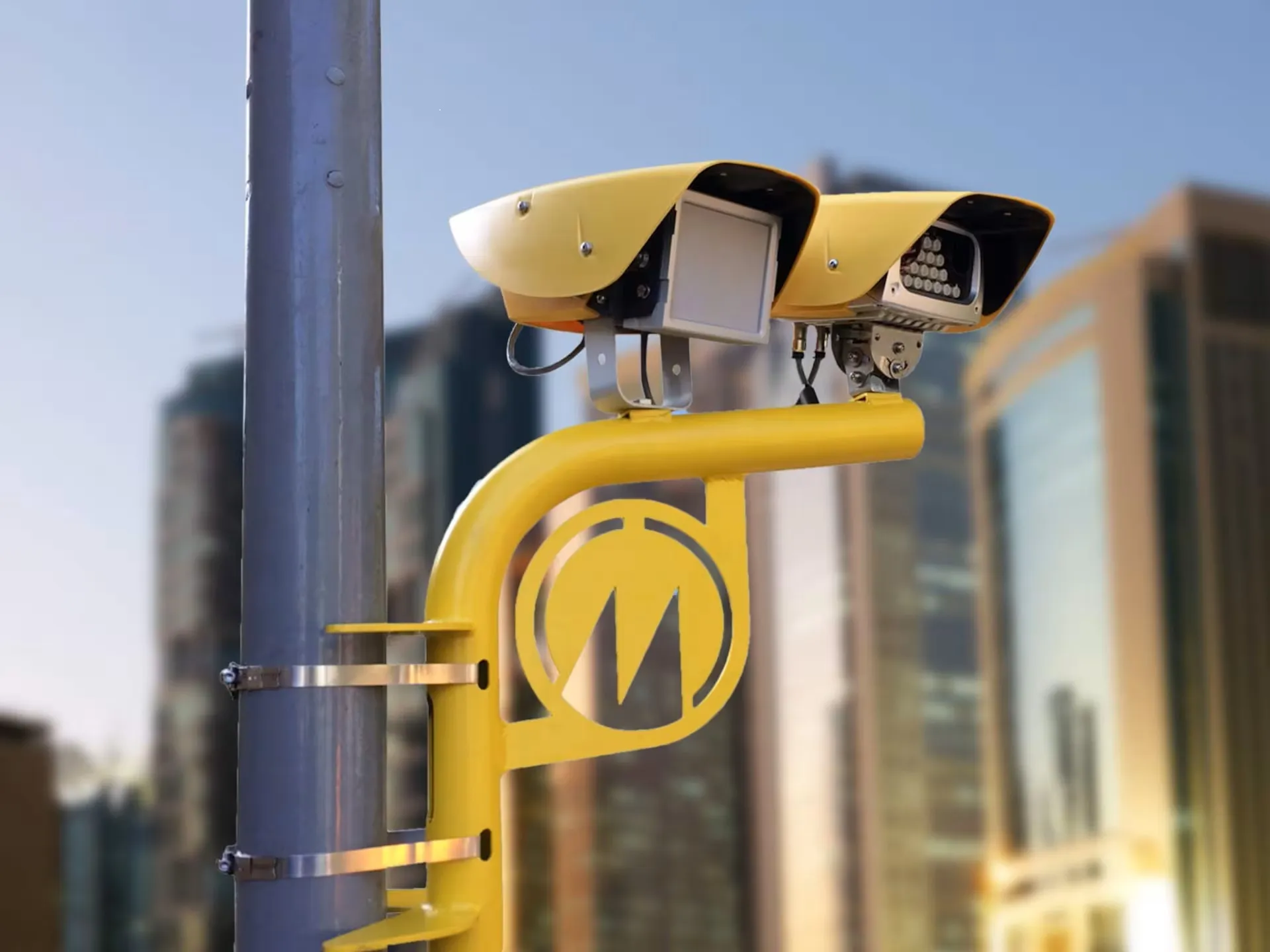Dubai Traffic Police is upgrading its enforcement on the arterial roads of the emirate, including the six-lane Sheikh Zayed Road. Over fifty new Vitronic PoliScan LIDAR systems will replace the existing radar-based speed cameras, enhancing the enforcement capabilities of the authorities.
In addition to simultaneous speed enforcement of multiple vehicles across all lanes, the police can now automatically document vehicles that are tailgating or driving on the shoulder – two major causes of serious acciden
June 19, 2015
Read time: 1 min
Dubai Traffic Police is upgrading its enforcement on the arterial roads of the emirate, including the six-lane Sheikh Zayed Road. Over fifty new 147 Vitronic PoliScan LIDAR systems will replace the existing radar-based speed cameras, enhancing the enforcement capabilities of the authorities.
In addition to simultaneous speed enforcement of multiple vehicles across all lanes, the police can now automatically document vehicles that are tailgating or driving on the shoulder – two major causes of serious accidents in the emirate. The systems are also capable of detecting heavy goods vehicles that drive outside designated times or use lanes reserved for passenger cars as well as a range of other violations. The first twenty PoliScans have already been installed, with the remaining replacements underway.
In addition to simultaneous speed enforcement of multiple vehicles across all lanes, the police can now automatically document vehicles that are tailgating or driving on the shoulder – two major causes of serious accidents in the emirate. The systems are also capable of detecting heavy goods vehicles that drive outside designated times or use lanes reserved for passenger cars as well as a range of other violations. The first twenty PoliScans have already been installed, with the remaining replacements underway.








